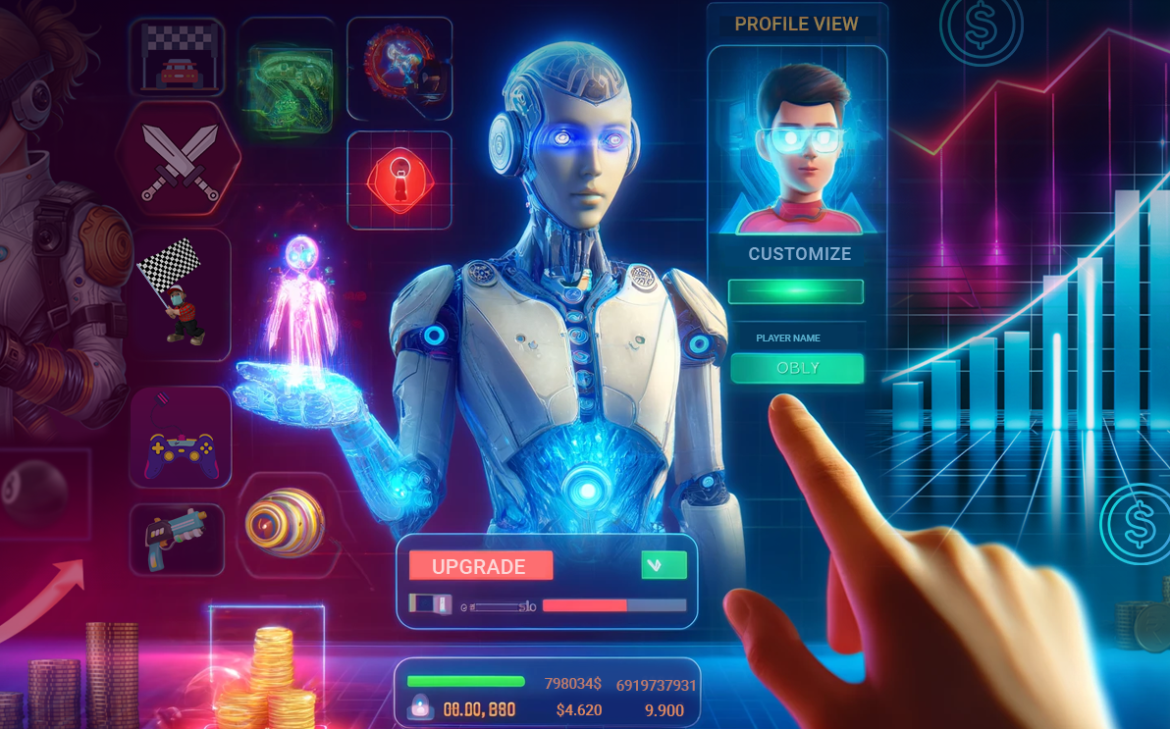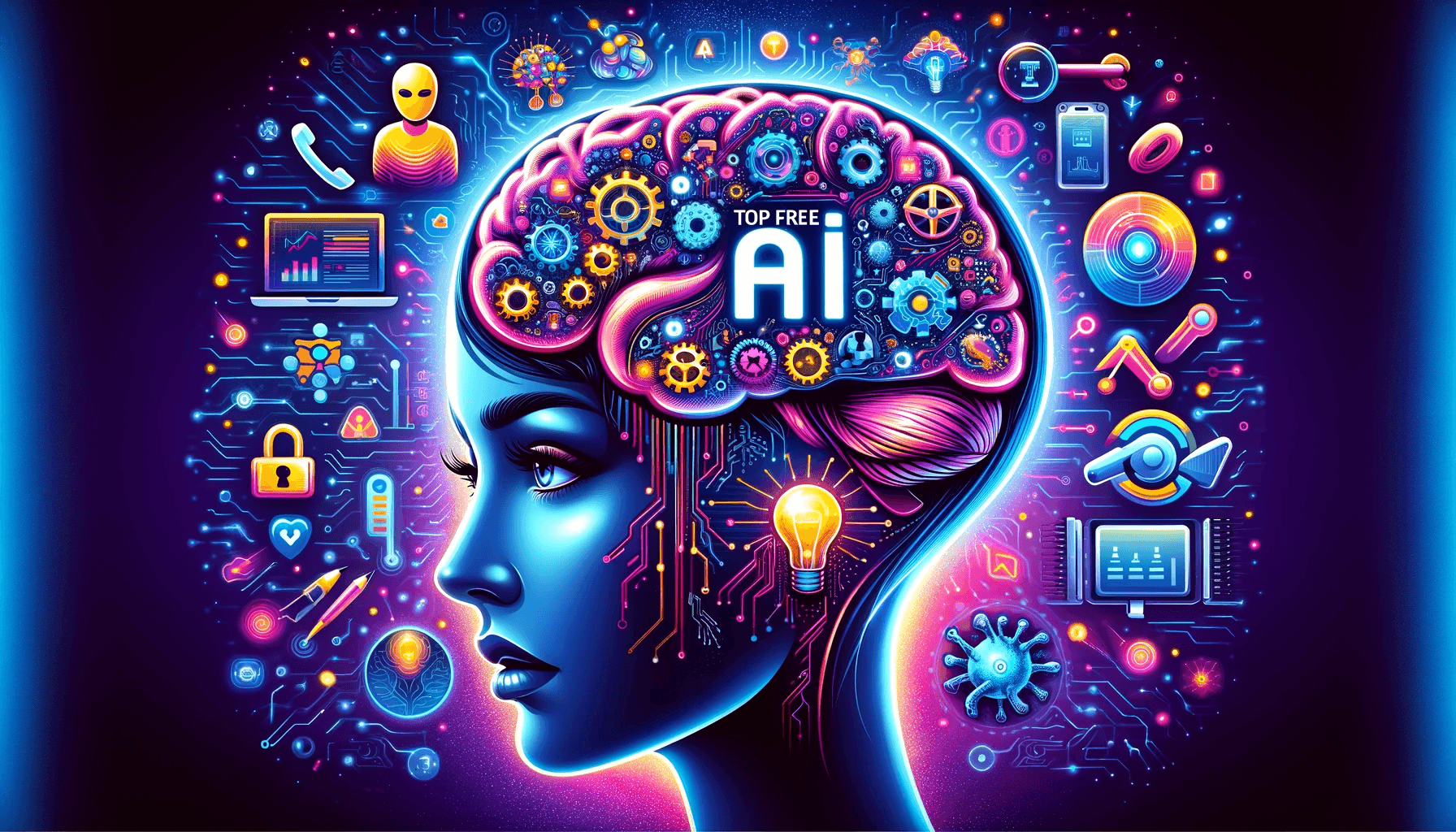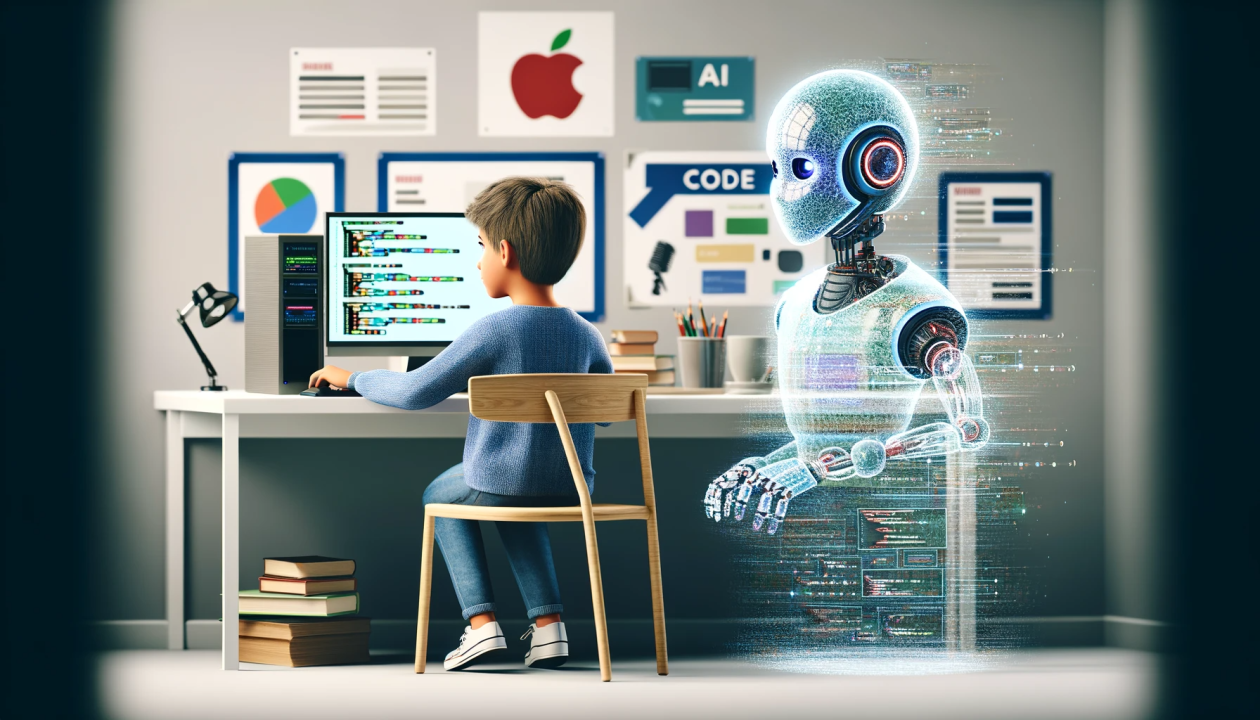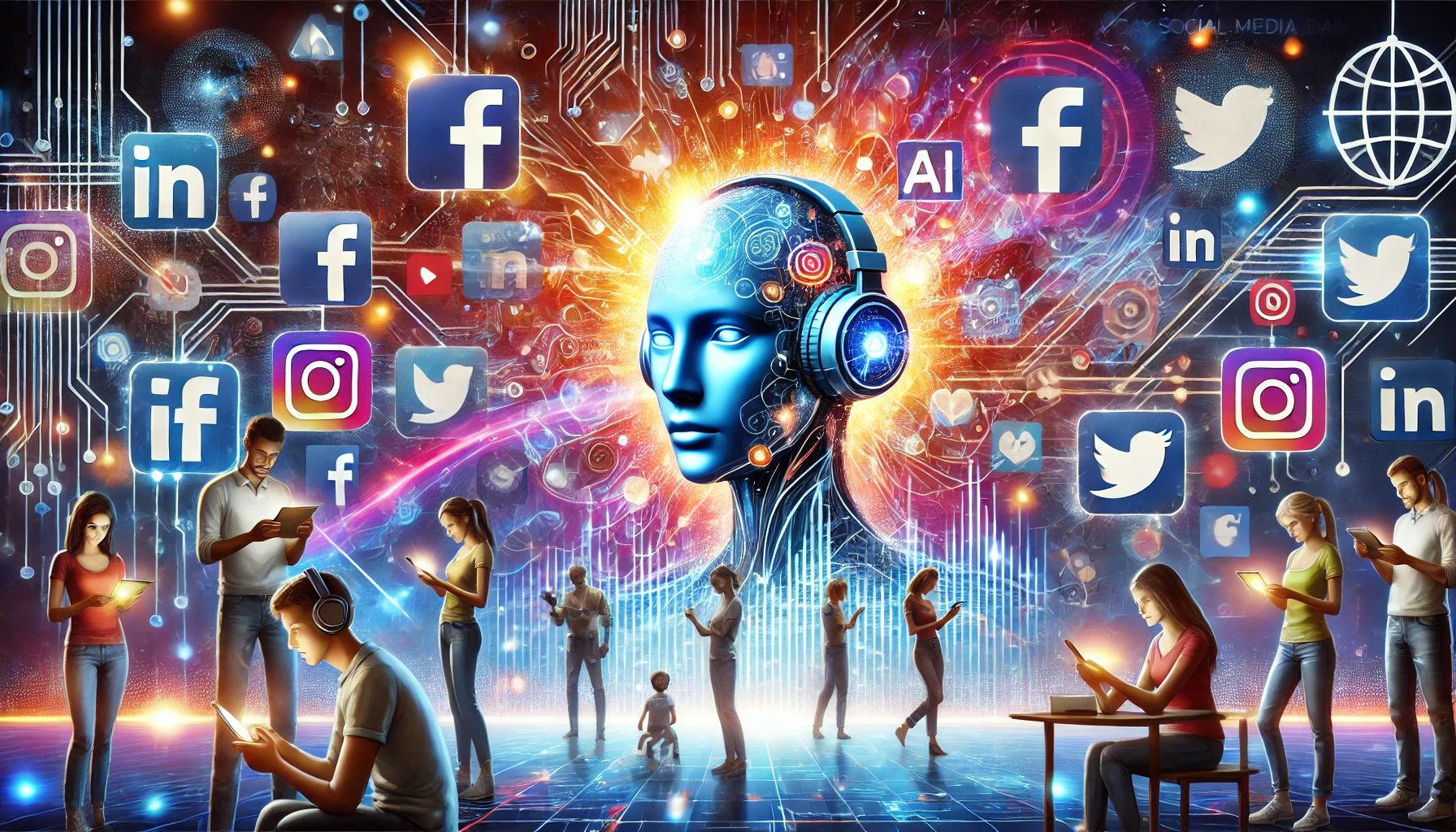Artificial Intelligence (AI) is revolutionizing the gaming industry, enhancing player experiences, creating smarter game worlds, and enabling more dynamic gameplay. As AI continues to evolve, understanding its role in gaming helps us appreciate both its potential and its challenges.
What is AI in Gaming?
AI in gaming refers to the use of algorithms and machine learning to create intelligent behaviors in non-player characters (NPCs), develop adaptive game environments, and design personalized gaming experiences. It allows games to feel more immersive, unpredictable, and tailored to each player.
Key Applications of AI in Gaming
Smart NPC Behavior
AI enables non-player characters to act and react in more realistic ways. Rather than following simple, predictable patterns, AI-driven NPCs can adapt to player strategies, make decisions on the fly, and display complex emotions and responses, making gameplay more engaging.
Procedural Content Generation
AI is used to automatically generate game levels, maps, and even storylines. Procedural content generation allows developers to create expansive game worlds without manually designing every detail, providing players with unique experiences each time they play.
Personalization and Player Adaptation
Modern games use AI to track player behavior and preferences. This allows games to adjust difficulty levels, recommend items, or offer personalized challenges based on individual play styles, creating a more customized gaming experience.
Game Testing and Quality Assurance
AI-powered bots can simulate thousands of gameplay hours to test different scenarios and detect bugs. This accelerates the testing process, ensures smoother performance, and helps developers release more polished games.
Realistic Visuals and Animation
AI assists in generating realistic graphics, animations, and physics-based interactions. AI can predict natural character movements or enhance in-game visuals in real-time, making game worlds feel more lifelike.
Voice Recognition and Interaction
AI-driven voice assistants and chatbots allow players to interact with games using natural language, creating deeper immersion and enabling new ways of navigating or influencing the game environment.
Challenges of AI in Gaming
While AI adds depth and excitement to games, it also presents challenges:
- Over-Predictability: If not designed well, AI opponents can become either too predictable or unrealistically difficult.
- Bias and Fairness: AI algorithms trained on limited data may not represent diverse player behaviors or styles, potentially creating unfair advantages or disadvantages.
- Resource Demands: Advanced AI systems can increase development time, computational requirements, and game complexity.
- Ethical Considerations: AI that adapts to manipulate player emotions or spending habits raises concerns about ethical game design and player well-being.
Conclusion
AI is a game-changer in the world of gaming, enabling smarter characters, richer worlds, and more personalized experiences. As developers continue to push the boundaries of what AI can do, it’s important to balance innovation with fairness, challenge, and ethical responsibility to ensure that AI continues to enhance, not exploit, the gaming experience.







Leave feedback about this